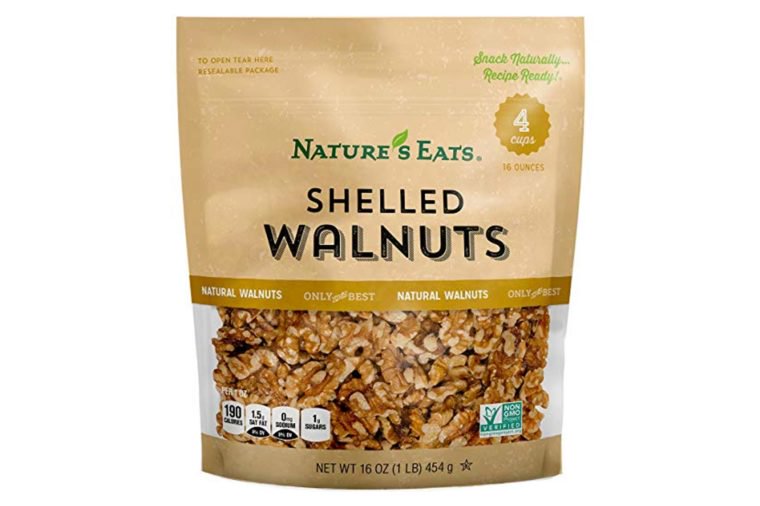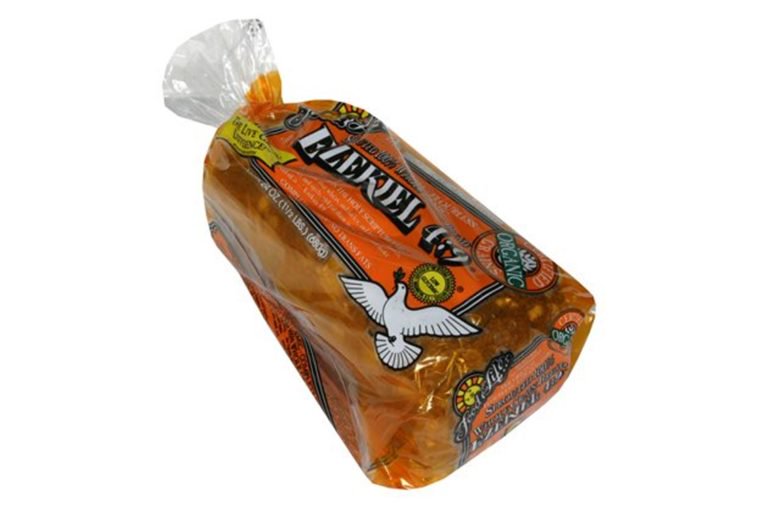Healthy Eating
Yes, dietitians eat frozen foods—and their freezer isn’t just full of veggies.
Vegetables
It’s not a shock that nutritionists love keeping frozen fruits and vegetables at home, but it’s still worth mentioning. For Deborah Malkoff-Cohen, MS, RD, CDN, CDE, keeping pre-chopped veggies in her fridge is one way to make sure she is always prepared to create healthy meals. But she also buys, chops, and freezes whole, fresh vegetables based on what is available and budget-friendly. “I keep these to make homemade soups,” she says. “I add extra frozen vegetables like butternut squash, peas, broccoli, spinach; or anything spiralized whatever I have on hand.” Some of her favorite frozen vegetables include spinach, butternut squash, peas, broccoli, and carrots. She even bulk-makes the soup and freezes it already made. Here are 13 weight-loss products nutritionists never buy—and neither should you.
Nuts and seeds
Peanuts, almonds, walnuts, pistachios, and other nuts are nutritional powerhouses that are a fantastic source of plant-based protein, healthy fats, fiber, and vitamins and minerals, says Malina Linkas Malkani, MS, RDN, CDN, media spokesperson for the Academy of Nutrition and Dietetics. Keeping these nuts, as well as seeds in the freezer, however, is a little-known hack Malkani uses to keep them fresh. “Because of their high oil content, nuts and seeds can go rancid within a few weeks if not stored properly,” she says. “Freezing is a great option that helps me save money and prevent food waste.” The nuts freeze well for a year, or even longer, in a well-sealed, freezer-safe container, Malkani says. She suggests adding them to smoothies, soups, stews, dips, casseroles, baked goods, or using them to top salads and yogurt.
Bread
Frozen bread is a popular staple amongst nutritionists. Kris Sollid, RD, Senior Director of Nutrition Communications at the International Food Information Council Foundation, says he freezes everything from sandwich bread and English muffins to baguettes and bagels. Not only does freezing make the bread last longer, stretching your dollar, but it also doesn’t change the taste or consistency of the bread. Sollid tries to eat 100 percent whole wheat bread most of the time. “Whole grains provide fiber, which is good for health in many ways,” he says. “Fiber can help lower cholesterol, lower risk for certain types of cancer, improve blood sugar control, keep you feeling full for longer and, most importantly for some, relieve constipation.” Most Americans eat only half the recommended amount—38 grams for men and 25 grams for women—per day, Sollid says. Although, Malkani recommends sprouted grain breads which are also a good source of fiber, are more easily digestible, and last two to three months in a freezer-safe bag. She suggests toasting some slices for breakfast, using it for sandwiches, or tossing it in the food processor to make breadcrumbs for various recipes.



